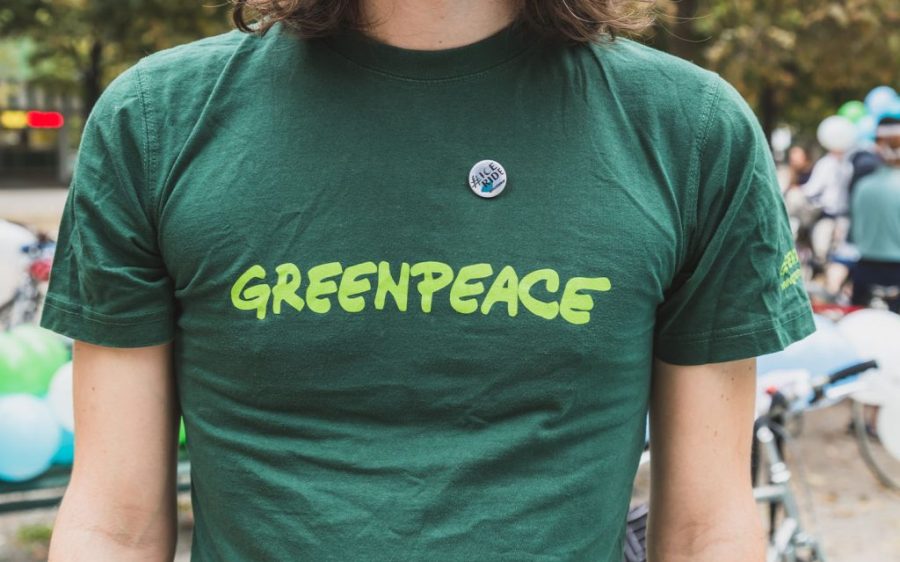Greenpeace has been found liable for defamation and other claims over protests against the controversial Dakota Access pipeline in 2016 and 2017, and ordered to pay out at least US$660 million, according to multiple media reports.
Dallas-based oil and gas company Energy Transfer Partners sued the environmental group, alleging defamation and the orchestrating of criminal behaviour by protesters, saying Greenpeace “incited” people to protest the pipeline by using a “misinformation campaign.”
Greenpeace argued that the protests were led by local indigenous leaders who opposed the pipeline, a claim affirmed by the Standing Rock Sioux. However, a nine-person jury in Mandan, North Dakota, found in favour of Energy Transfer on most counts after two days of deliberation and awarded damages that Greenpeace says amount to at least US$660 million, a figure that could force it into bankruptcy.
“Energy Transfer hasn’t heard the last of us in this fight,” Greenpeace International’s general counsel, Kristin Casper, told press in response to the verdict. “We will not back down, we will not be silent.
Protests around the Dakota Access pipeline started in April 2016 and ended nearly a year later in February 2017, when the National Guard and police cleared away the demonstrators. It peaked at over 10,000 protestors, including members of more than 200 Native American tribes, hundreds of US military veterans, actors and political leaders.
[See more: AI will increase energy use and could worsen the climate crisis, report says]
Authorities were accused of using excessive force against the protestors, deploying sound cannons, beanbag rounds and rubber bullets, and dousing crowds with pepper spray and freezing water.
The environmental organisation had expressed concerns before the trial about getting a fair hearing. Jury selection revealed widespread ties to the oil and gas industry, the Guardian reports, with most jurors exhibiting negative views of the protests or groups that oppose use of fossil fuels.
Kirk Herbertson, a New York attorney and the US director for advocacy and campaigns for EarthRights International, lambasted what he characterised as a “long list of courtroom tactics and propaganda tricks that Energy Transfer used to deny Greenpeace its right to a fair trial.”
“We should all be concerned about the future of the first amendment, and lawsuits like these aimed at destroying our rights to peaceful protest and free speech,” Deepa Padmanabha, senior legal advisor to Greenpeace, told the press.
However, Trey Cox, counsel for Energy Transfer, said that the verdict showed that Greenpeace’s actions had been unlawful. “It is also a day of celebration for the constitution, the state of North Dakota and Energy Transfer,” he said in the wake of the verdict.






